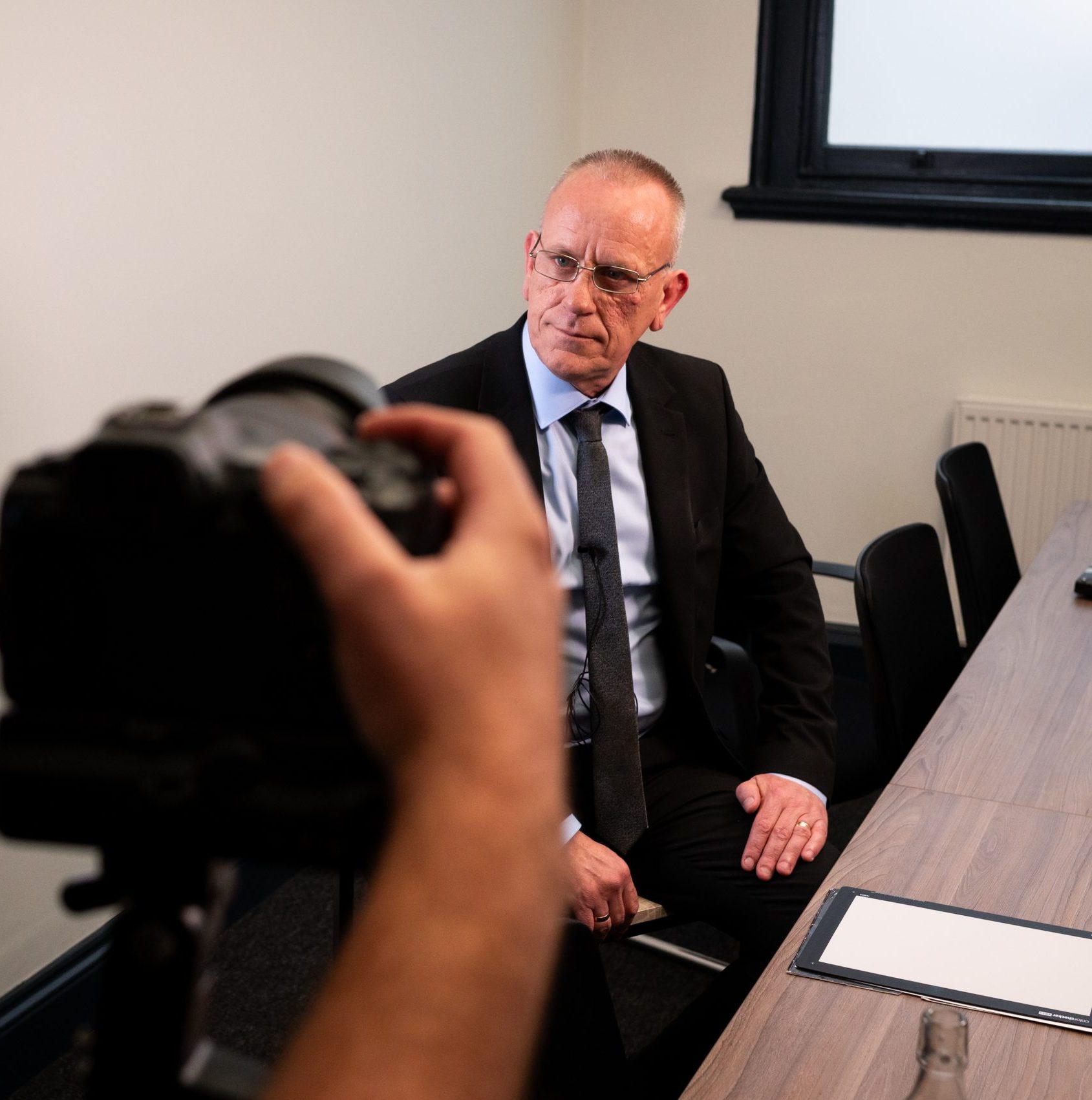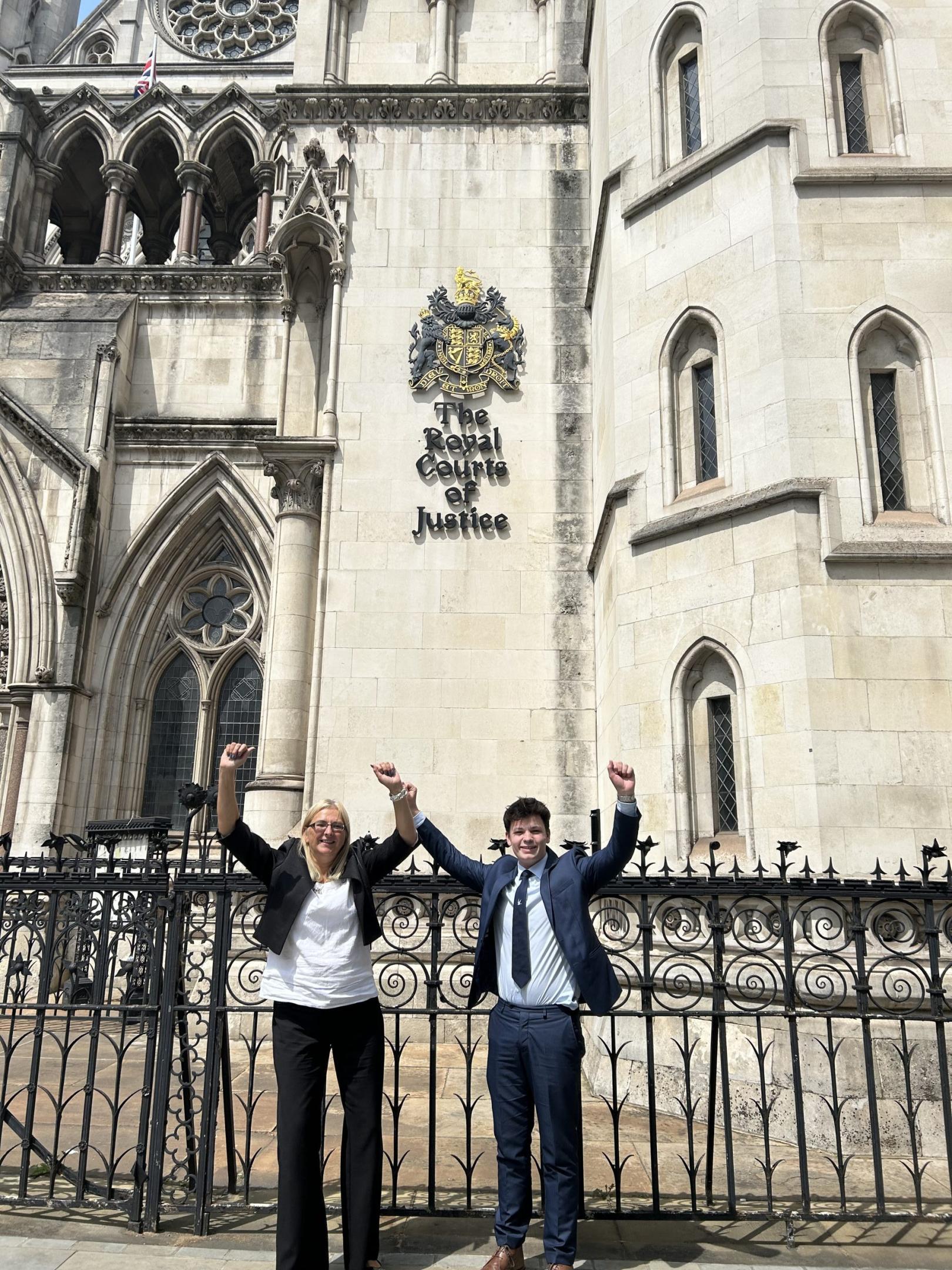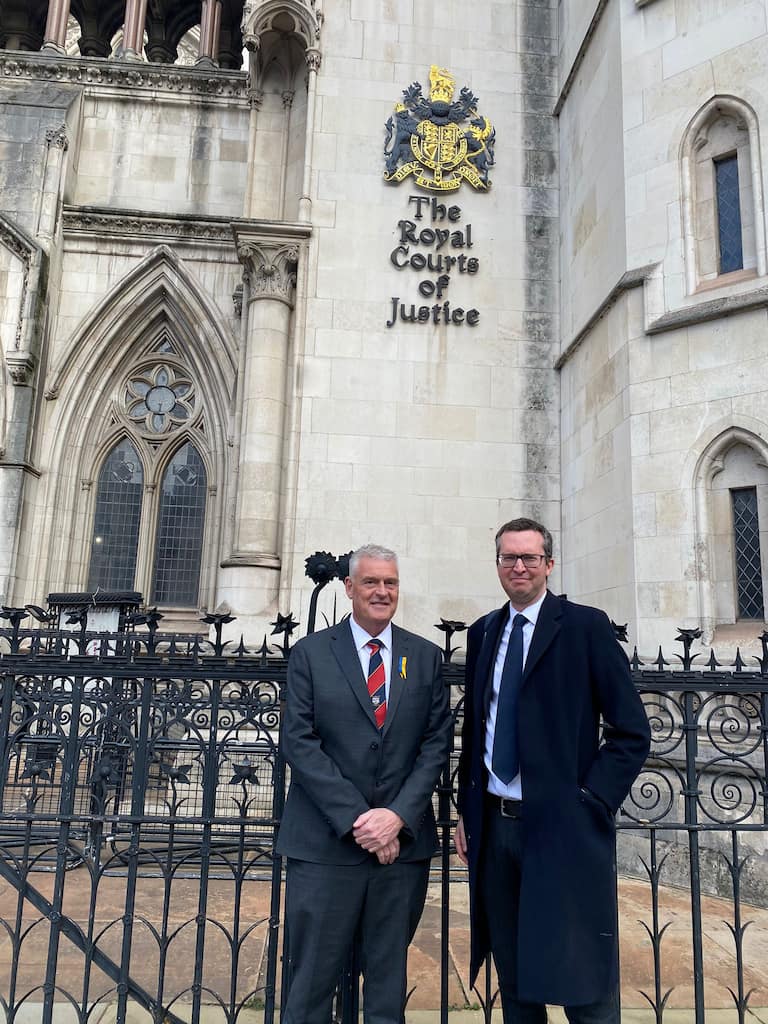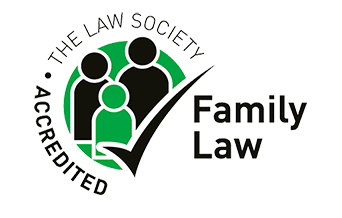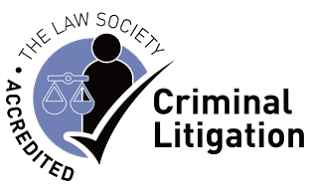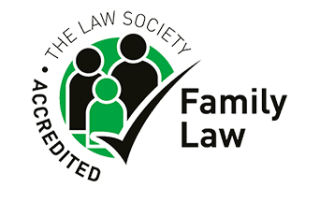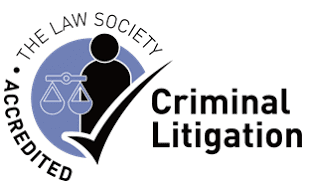27 January 2025 saw the national roll out of the recently introduced The Reporting Pilot Guidance which allows certain family court proceedings to be reported provided there is a Transparency Order in place. This marks a significant shift from the previously private nature of these cases.
Under the new rules, some family cases can be reported, bringing greater transparency to family courts and there is a presumption that a transparency order will be granted unless there is a legitimate reason not to. However, the guidance also includes important safeguards to protect the identities of children and parents involved, ensuring that personal details must remain confidential.

While family cases that can be reported typically focus on those involving public law matters and private law family cases (e.g. care proceedings and child arrangements disputes), others such as non-molestation proceedings and financial remedy matters remain excluded. This distinction helps balance the need for transparency with the protection of vulnerable individuals involved in often very sensitive proceedings.
The question of whether clients should be worried about their cases being published is valid. The fear of exposure in the media or public scrutiny is certainly real. However, the built-in protections aim to minimise risks to individuals’ privacy. The Transparency Orders will ensure that Clients will not have their identities disclosed, and the media coverage is likely to focus on the legal aspects rather than personal details. Still, clients should be made aware of the possibility that their case may be reported, particularly if it involves contentious or high-profile issues.


There are certain cases in which it is unlikely that a Transparency Order will be granted such as those where there is an ongoing criminal case, and reporting may jeopardise or prejudicious those proceedings and cases where the facts are so unusual that it would be very difficult to achieve anonymity for a child.
For some family lawyers, the impact of this new guidance may raise concerns about being named in proceedings. It is not uncommon for advocates to be identified in reported cases. This could lead to a degree of discomfort for some lawyers involved in contentious cases, however it is something we have grown well used to at Astraea Linskills given the bulk of our court advocacy has been undertaken in house for decades and so we welcome public awareness of the important work our family lawyers do.
We see this development as a positive move toward greater accountability and public understanding of the family justice system whilst balancing transparency with the protection of all parties involved.




















